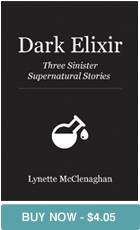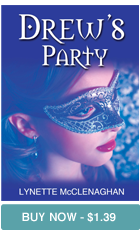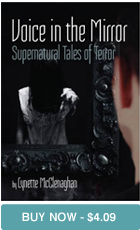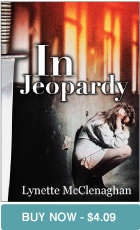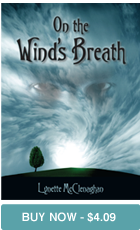Review – The Children Act by Ian McEwan
April 30th, 2015 | Published in Dark Tales, Reviews, Self Publishing, Social Issues, Writer and Research
A beautiful and sad novel which is impossible to fit into any particular genre, explores the complex moral issues raised by a religious family’s decision to refuse medical treatment to their son Adam as it involves a blood transfusion. Adam, 17, almost 18 – and this is crucial to the story – agrees with them.
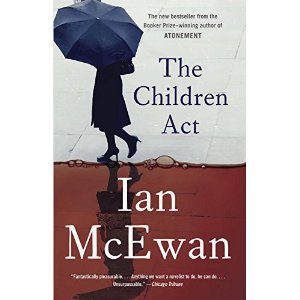 The story is tense and dramatic and sympathetically portrays both sides of the debate. The main protagonist, High Court Judge Fiona Maye, is intelligent and humane, a woman of wisdom and insight. McEwan creates her as both admirable and flawed. The sub-plot regarding her husband’s infidelity is interesting enough but does not evoke the intensity and the high stakes of the need to make a decision on whether the hospital can override Adam and his family’s intention that he should refuse a blood transfusion and die.
The story is tense and dramatic and sympathetically portrays both sides of the debate. The main protagonist, High Court Judge Fiona Maye, is intelligent and humane, a woman of wisdom and insight. McEwan creates her as both admirable and flawed. The sub-plot regarding her husband’s infidelity is interesting enough but does not evoke the intensity and the high stakes of the need to make a decision on whether the hospital can override Adam and his family’s intention that he should refuse a blood transfusion and die.
The trajectory of the plot and the big question: what will Fiona decide, gives the novel the quality of a thriller. But it also examines important questions for our time, not only in Adam’s case, but in other cases that are alluded to. The nature of religious belief and to what degree and why it should be respected or deferred to; what is in the best interests of children, how do we know, who decides; our actions and their complex, chaotic consequences; contrasting notions of ‘faith’; the frightening subjectivity of the law. McEwan explores these ideas well.
The novel is not without its shortcomings. Following Fiona’s judgement on Adam’s case it tends to meander into melodrama and the final outcome seems glib and unsatisfying. Adam is highly intelligent and therefore Fiona’s visit to him in the hospital in preparation for her judgement seems rather too easy, after all, they have so much in common it is little wonder they resonate. A different young man might have made her task so much more difficult.
McEwan’s prose is rich and evocative; it is a pleasure to read. It is a shame that the final third of the novel lacks the tautness and power of the earlier sections.

